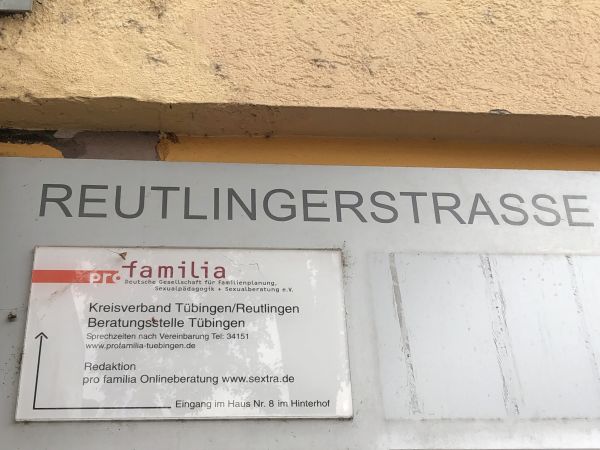If a woman has had unprotected sex, the “morning-after pill” can prevent pregnancy if taken in time. This is the case regardless of whether the woman forgot to take the pill, the condom was damaged or the couple dispensed with contraception altogether. Emergency contraception medications include those containing the active ingredients levonorgestrel (Pidana) or ulipristal acetate (Ellaone). The tablets are available over the counter in pharmacies. They work more reliably the sooner they are taken after unprotected sex. According to Pro Familia, the interval should be no more than 70 to 120 hours. “Ideally, the morning-after pill should be taken within twelve hours after sex to anticipate ovulation”, writes health insurer AOK.
At night and on weekends, the “morning-after pill” is available from the emergency service of pharmacies. Which pharmacy has emergency service is on the notice board at the entrance or can be found out via the Internet (https://www.aponet.de/apotheke/notdienstsuche). Pharmacists also offer advice.
The “morning-after pill” costs between 16 and 35 euros, depending on the active ingredient. For girls and young women under the age of 18, health insurance will cover the cost if the drug is prescribed by a doctor. If it is urgent, a doctor can be reached via the on-call service of the Association of Statutory Health Insurance Physicians under the nationwide telephone number 116 117. For girls under 14, parents must give consent; for young women between 14 and 18, pharmacists decide whether to require parental consent.
Those between the ages of 18 and 21 must pay an additional 5 euros—again, a doctor’s prescription is required. Women over 22 must pay for the “morning-after pill” themselves. Private health insurance companies usually reimburse the costs afterwards.
In rare cases, side effects such as nausea, vomiting and headaches occur. After vomiting, another tablet should be taken within the next 3 hours. In this case, experts advise to consult a gynecologist. Levonorgestrel and ulipristal acetate should not be taken together. In addition, short-term use of hormones can cause disruption of the menstrual cycle and delay the maturation of the follicle in the next cycle. For the rest of the cycle, women taking the pill should use additional contraception.
More info:
https://www.profamilia.de/themen/verhuetung/pille-danach
A leaflet in several languages, including Russian and Arabic, is available from the Federal Center for Health Education:
https://shop.bzga.de/die-pille-danach-faltblatt-c-123/
tun22111802
pro famila. Beratungsstelle für Frauen im Kreisverband Tübingen. Foto: tünews INTERNATIONAL / Theresa Melnyk.
001608




